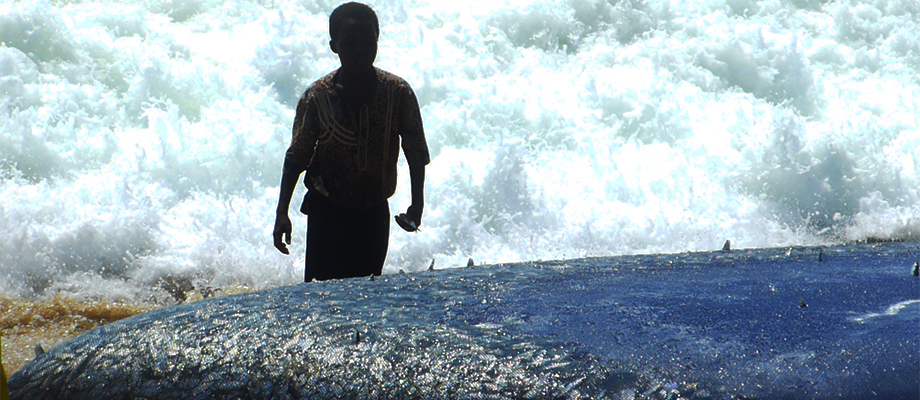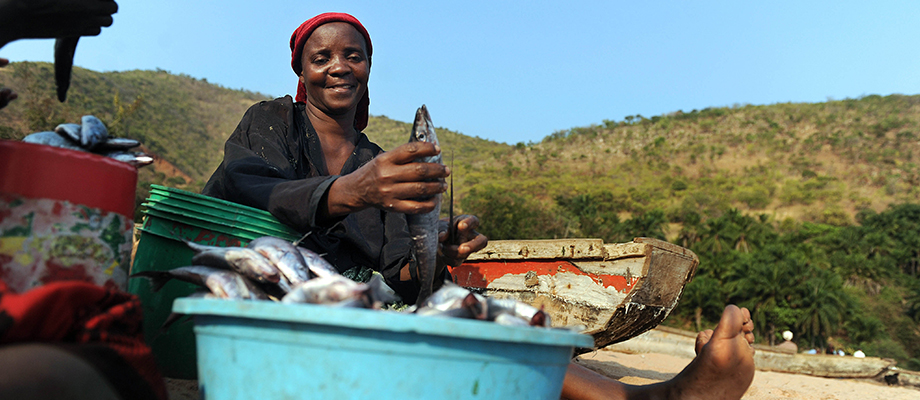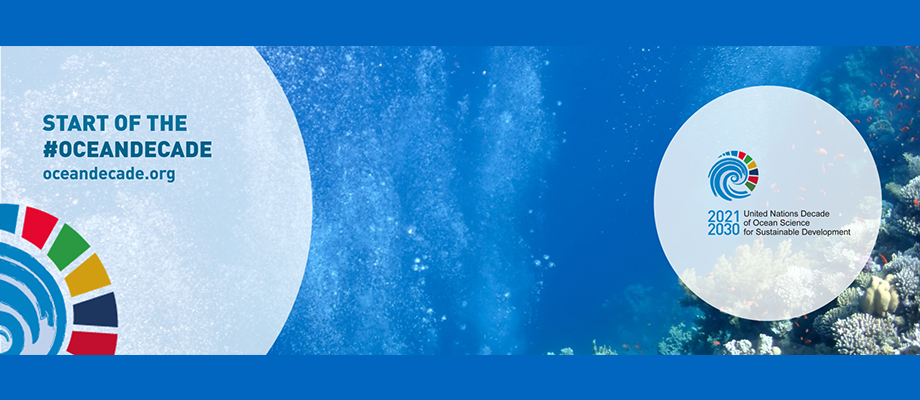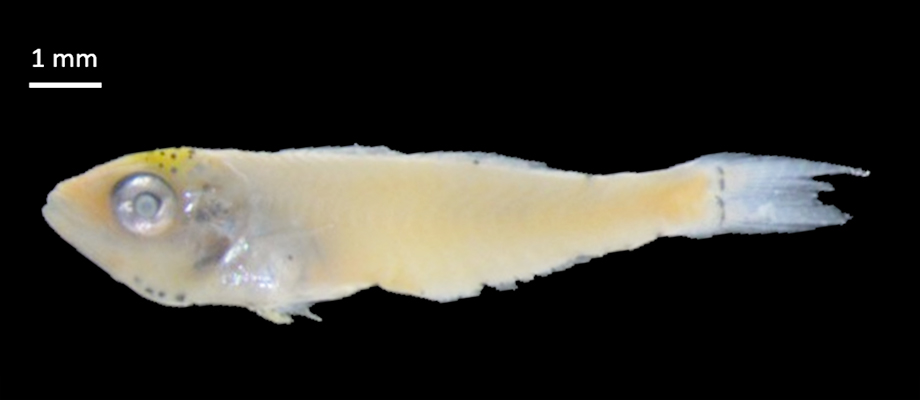10 September 2021

The rapid rise of plastic and issues with waste management systems have become major global problems in recent decades, especially for the ocean. In fact, marine debris, also called litter, which consists of any persistent, manufactured or processed solid material discarded, disposed of, or abandoned in the marine and coastal...
12 July 2021

Life of many of the coastal communities in west Africa depends on the resources coming from beach seine fishing – an artisanal technique, traditionally handed down from generation to generation and practised all year round by different fishing communities and often entire families.
For small-scale fishers in the Gulf of Guinea,...
29 June 2021

Of the 120 million people who work in capture fisheries and post-harvest sectors, nearly 50 percent are women according to most recent report on the State of Fisheries and Aquaculture from 2020. Yet, there is limited awareness of their work and contribution caused by engrained forms of discrimination...
08 June 2021

On World Ocean’s Day, UNESCO’s Intergovernmental Oceanographic Commission launches flagship Decade Actions. More than 60 programmes and contributions have been endorsed under the “Ocean Decade,” following a milestone launch of the First International Ocean Decade Conference that took place on 1 June.
We are pleased to announce...
02 April 2021

Ichthyoplankton is a term used in science to describe the early life history stages (eggs and larvae) of marine fish. It is found in the upper part of the water column, in depths less than 200 metres. Ichthyoplankton studies provide a valuable source of information on spawning and nursery areas...
01 April 2021

From January until March this year, a set of regional online workshops on the use of EAF-Implementation Monitoring Tool (IMT) was organised by FAO for the partner countries of the EAF-Nansen Programme. The first session took place from 18 to 21 January and included 11 French-speaking partner countries. The second...
